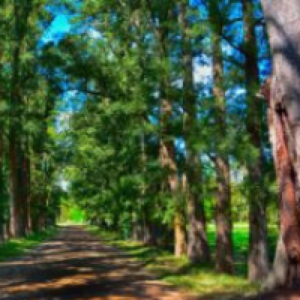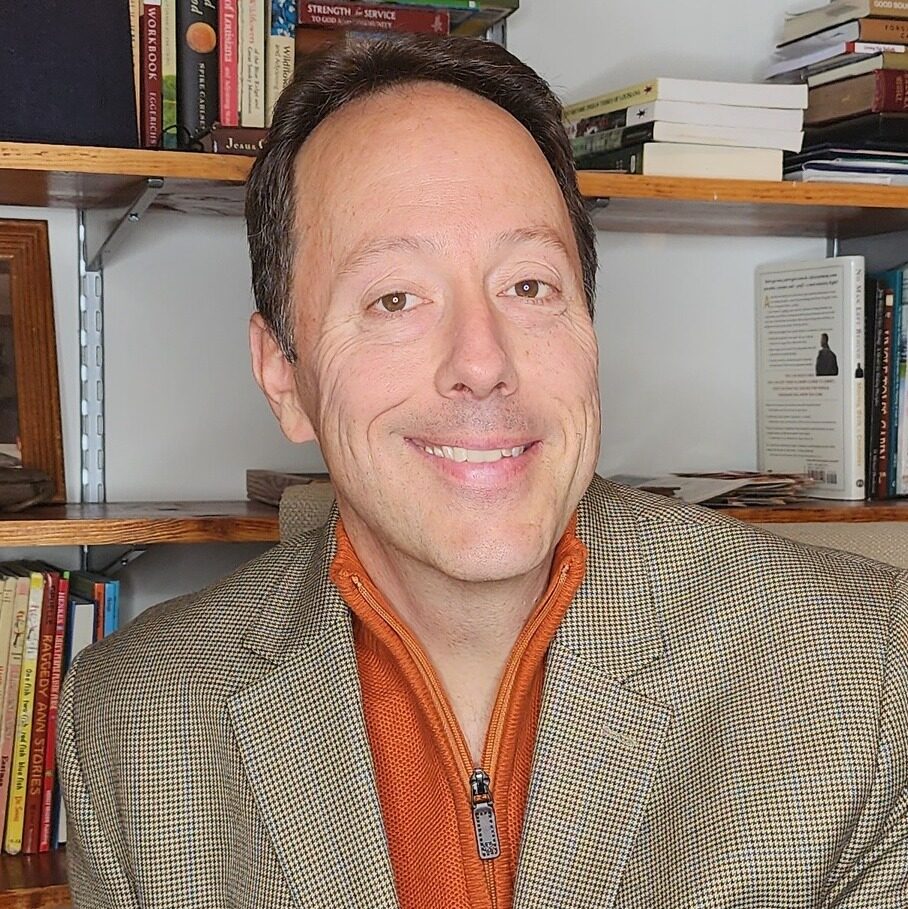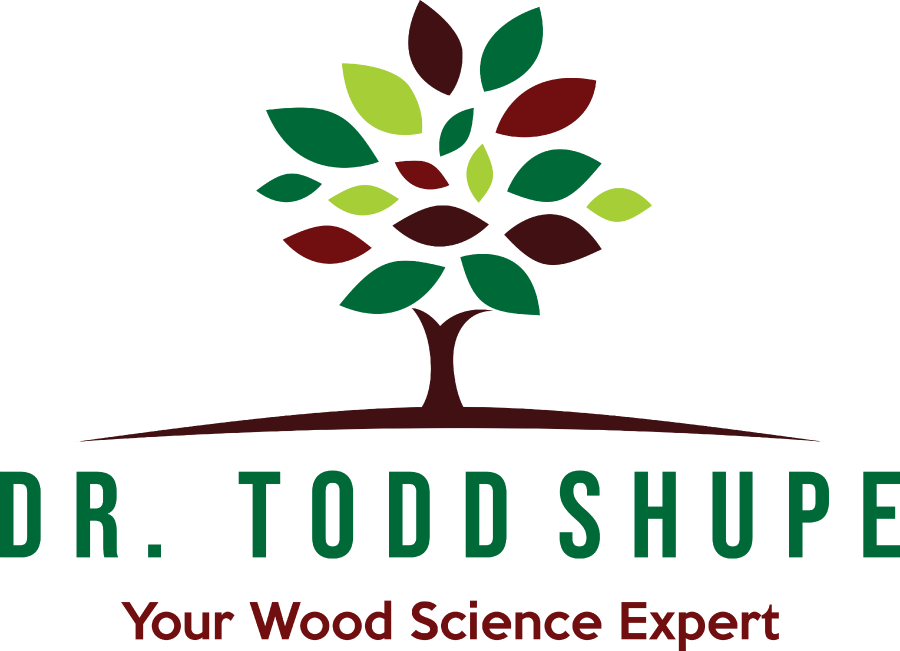Significance of Bio-Based Spray Foam Insulation

A viable bio-based spray foam industry is likely to lead to economic development opportunities due to the growing interest in spray foam insulation and increasing consumer demand for green products. The successful utilization of agricultural and forestry residues will benefit agricultural producers, wood processing industries and forest landowners. These sectors combined contribute billions of dollars each year to the economy of many US states.
Rural economic development is a huge issue in every state. Most rural areas have a forestry and/or agricultural industry which can facilitate a viable bio-based spray foam industry.
Most forestry and agricultural operations have a waste stream. This could be sawdust and slabs or corn cobs and rice hulls. The major cost to use these materials is shipping. This can be controlled if a bio-based spray foam company were to locate in a rural area near an active forestry and/or agricultural sector(s).
In addition to rural economic development related to the feedstock, there is also economic development potential related to the product – spray foam insulation. According to the American Chemistry County, the insulation market in North America is a $13.9 billion dollar business and growing each year. Spray foam comprises 9 percent of that market and is the fasting growing segment of the market, estimated at an annual growth rate of almost 5 percent. There is a rapidly growing “green” market for numerous goods and services. This is particularly evident in the housing market as consumers are increasingly demanding that lumber that is used for new home construction be harvested from a certified managed forest. Consumers are demanding green products for their housing, transportation, energy, food, and cosmetics. The common belief years ago was that people would not pay extra for green products and while that may remain true to some extent, there is a growing market that is keenly interested in green products. These markets are particularly evident in more affluent, urban areas.
Meet the Author
Dr. Todd Shupe is the President of Wood Science Consulting, LLC. He is a well-recognized expert on wood forensics, wood preservation, wood decay and degradation, and wood species identification. He has a broad background in new product development, quality management, and marketing and sales in both the public and private sectors. For more information please visit DrToddShupe.com.
We welcome your comments below.
Thank you for visiting. We trust that you have enjoyed reading our articles.
Liked this post? Read more below or search for more topics . . .

